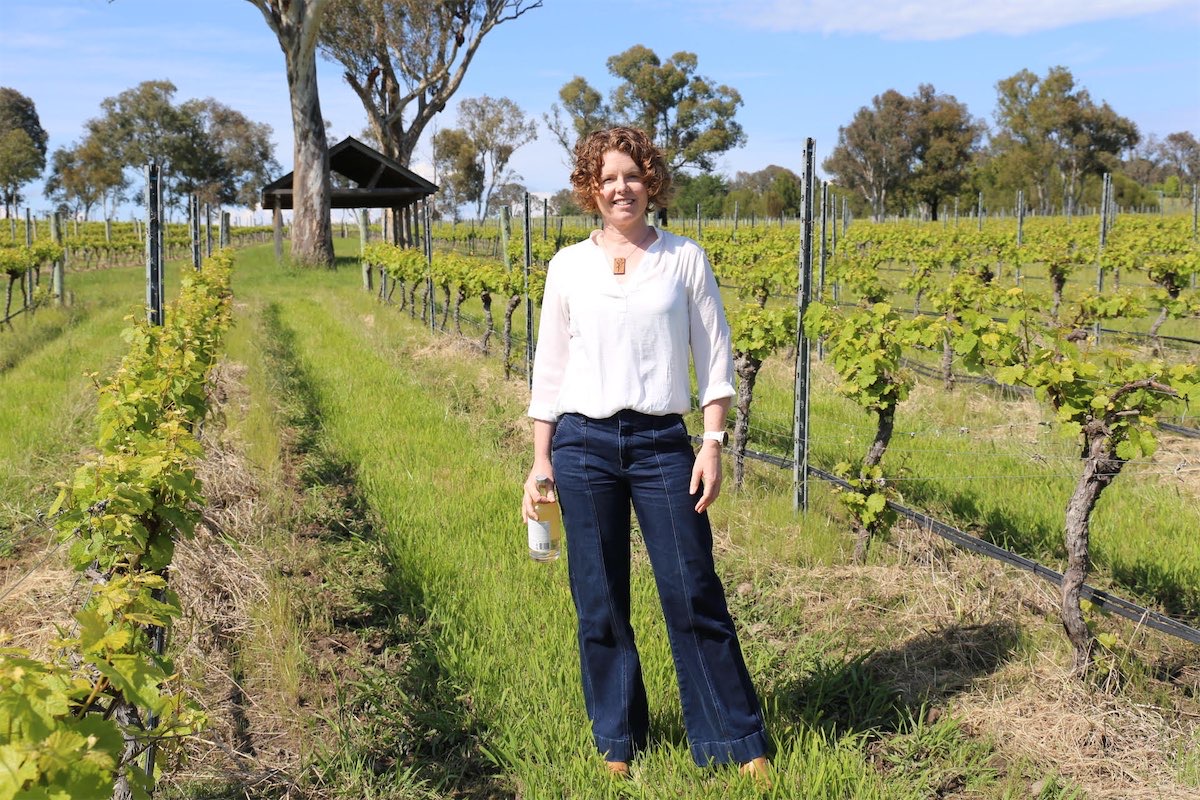
THE proceeds from the sale of a gin – with a Canberra-region link – will be used to promote greater female participation in the wine industry.
The Hear Me Roar Gin, created by the Australia Women In Wine Awards (AWIWA) board, follows on the heels of the success of the Hear Me Roar Shiraz released in 2019.
Similar to the release of the shiraz, the profits from the sale of the gin – being distilled in the Barossa Valley – will go towards encouraging women to further their careers within the industry.
AWIWA board member and co-owner of Murrumbateman’s Four Winds Vineyard Sarah Collingwood is eagerly anticipating the release of the gin in the expectation it will sell well and help further advance the cause of women in winemaking.
“The shiraz we made in 2019 raised almost $40,000 for women for mentoring, scholarships and travel bursaries to help give women support in the industry, and to make sure they didn’t feel like they needed to leave,” she said.
While Collingwood was raised in a wine-making family, she was shocked at the disparity between opportunities and earnings for male and female winemakers in the industry.
“In 2019-20 the average female winemaker is earning $22,000 less than the average male winemaker,” she said.
“Similarly women who are starting out in the industry as cellar hands are starting on $13,000 less than their male colleagues.
“The disparity starts pretty early on. We need to do something to start moving the dial on some of these numbers.”
Despite an equal share of male and female students graduating from viticulture and winemaking courses at university, less than 10 per cent of females go on to hold senior roles within the industry, Collingwood said.
“After graduation, the number in the industry is close to about 70 per cent male and 30 per cent female,” she said.
“In leadership and management roles this drops back to less than 10 per cent female representation.
“It surprises me that we are in 2022 and we have these kinds of statistics.”
Collingwood said that the winemaking industry struggles to overcome its predominantly male-dominated background. But the industry is changing, albeit slowly.
“Agriculture has traditionally been a very male-dominated area and it’s the same for wineries,” Collingwood said.
“We do hear some stories about women having pretty tough experiences in the industry.
“Fortunately I don’t think it’s happening any more, but once upon a time at some wine shows the judges would have a dinner and it would be in a male-only club, so it was exclusionary right from the get go.”
Like a lot of people who grew up in a farming family, Collingwood had time away from the land, only returning with her husband sometime later to take up a role in the family wine-making business.
“We were just coming back to help mum and dad out for a while and 12 years later we are totally into it,” she said.
“I love the wine industry. It has a lot to offer. It’s one of those unusual industries where you can grow the grapes, make the wine, and sell it in the one place.”
With the theme of “women in wine” in mind, the flavour combination for the Hear Me Roar Gin was chosen by women working in the industry.
“We asked them to suggest their three favourite botanical ingredients to go into the gin, and it ended up being blackcurrant leaf, native finger lime and Tasmanian pepperberry,” Collingwood said.
Collingwood played her own part in the manufacture of the gin by helping to design the label.
“Denomination is a female design firm in Sydney who specialise in drinks packaging and they have done the label,” she said.
“It’s been a lot of fun.”
The gin’s name is taken from the opening verse of the Helen Reddy hit song “I Am Woman”, itself the anthem of the women’s movement in the early ’70s.
The gin is being distilled by winemaker Rebekah Richardson in the Barossa Valley, and will be available for pre-order ready for the Christmas market.
The gin costs $110 and can be ordered from womeninwineawards.com.au
Who can be trusted?
In a world of spin and confusion, there’s never been a more important time to support independent journalism in Canberra.
If you trust our work online and want to enforce the power of independent voices, I invite you to make a small contribution.
Every dollar of support is invested back into our journalism to help keep citynews.com.au strong and free.
Thank you,
Ian Meikle, editor





Leave a Reply